We headed to Mesa Arizona last month for the United States Lavender Conference (USLC) in Mesa AZ with my husband. This was the 3rdconference put on by the newly founded United States Lavender Growers Association (of which I am a founding member by the way). We had three tracks of speakers; for beginning growers, experienced growers and for people who may or may not grow, but do use lavender. Lavender is used extensively in aromatherapy, cooking and in skin care products as well as for crafts and availability of US grown lavender is growing.
Lavender can help with stress, anxiety and promoting sleep. These are important applications because trouble in any one of these areas can lead to a host of other health problems. Our keynote speaker, Nancy Baggett just released her cookbook, “Cooking with Lavender” which you can actually purchase in our store in Longmont now.
During the conference there was much focus on a common pathogen that is affecting lavender in our country now, Phytophthora. The goal is to stop the spread by controlling it at the source; small plants that are purchased for field planting. We learned about making products with lavender, cooking with lavender and more. We learned about marketing our products from one of my mentors, Indie Business Network owner, Donna Marie Johnson.
I gave a talk on cosmetic regulations for people who are making skin care products with lavender; “Your Product Smells Great, but is it Compliant?” Maybe not the most stimulating topic there is, but one that indeed makers need to know about. Here is a brief overview:
Even though we know lavender is wonderful and a valuable contribution to skin care, the FDA requires that we make no claims, either for aromatherapy benefits or skin care benefits. Doing so categorizes lavender as a drug and that is not approved by the FDA.
A cosmetic label has several requirements;
it must contain the name and use of the product
it must contain the weight of the product
it must contain the company name and contact information
it must contain the ingredients of the product.
I also addressed how to make a safe cosmetic, the use of preservatives and antioxidants (they are not the same thing) and good manufacturing practices.
Some of the best moments of the conference were the unscheduled moments when we learn from each other, by talking and networking. There was a pre-conference farm tour as well as a farm dinner that we did not make. It would have been interesting to see farms in such a different climate than ours.
And then of course there was hiking in the Superstition Mountains. You can read about that on our other blog here.
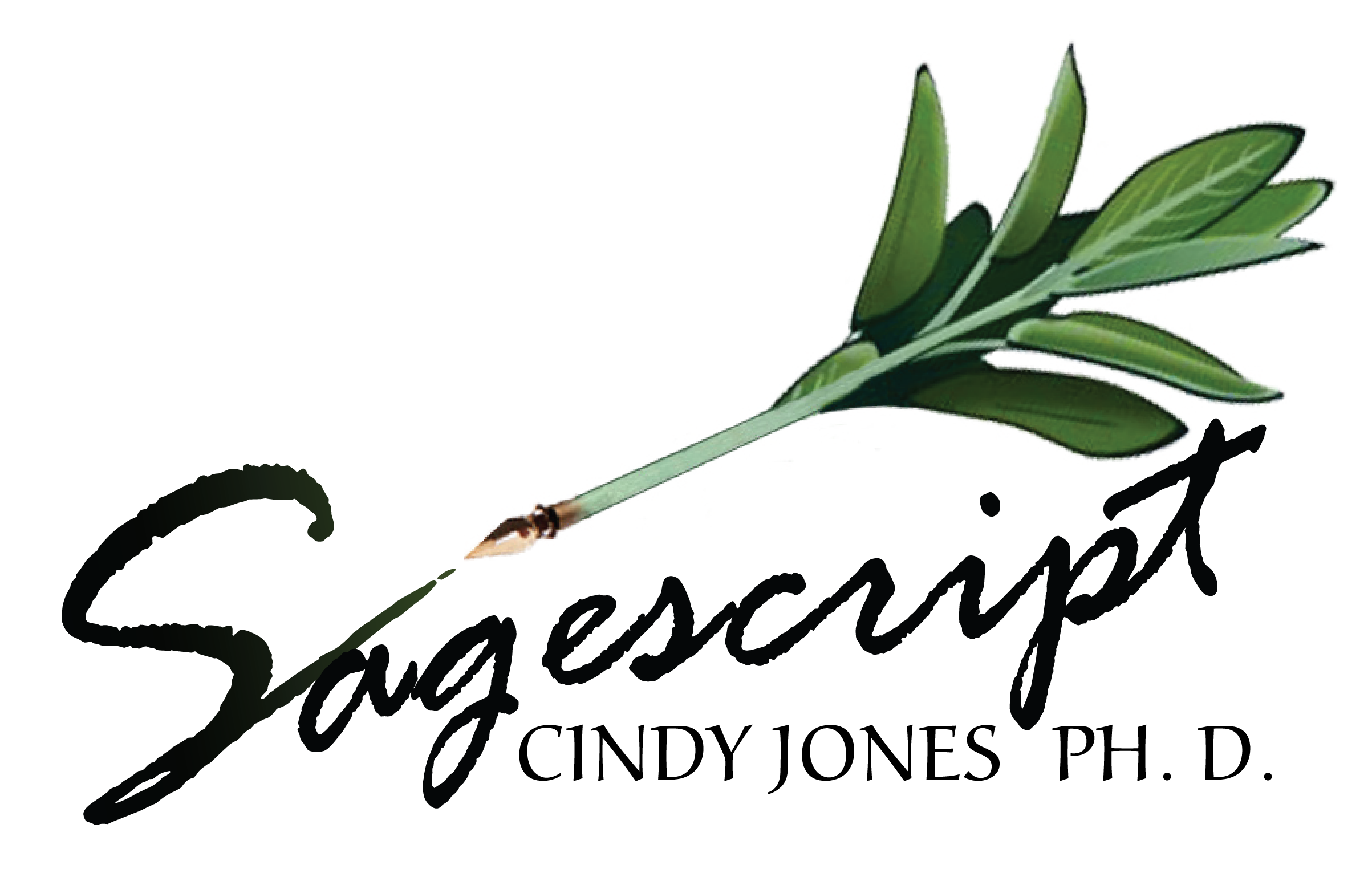
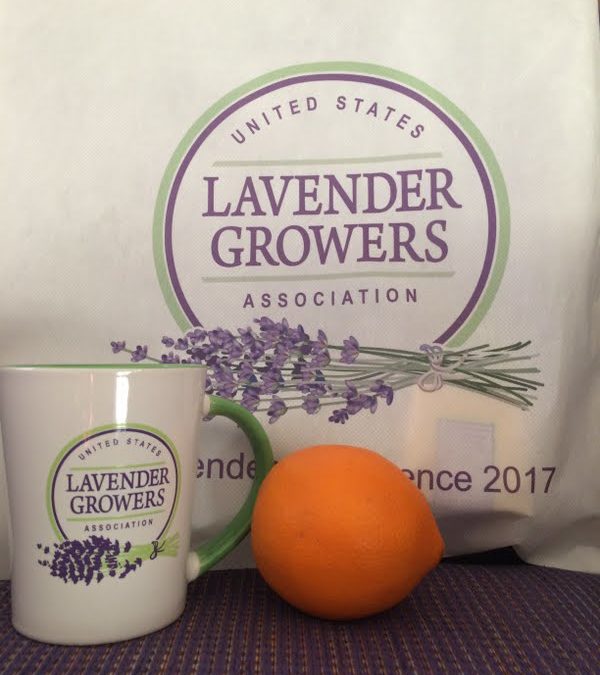
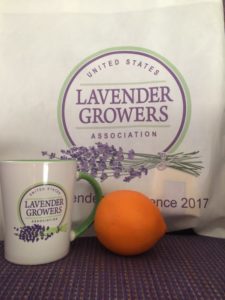
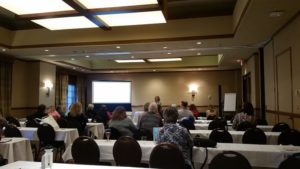
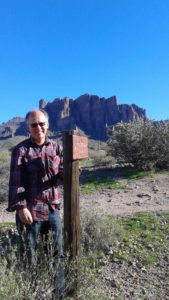

I love lavender. Even the name "lavender" is beautiful.
I love the smell of lavender, it is relaxing.